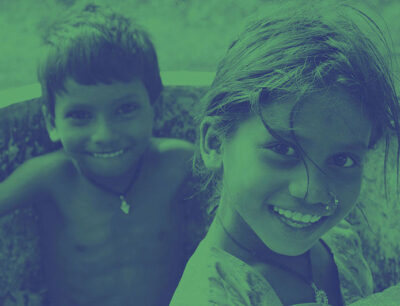Galenica at Vivatech 2024 – Press Coverage
Galenica at Vivatech 2024 - Read the Press Coverage and Clippings
The form is not published.

Galenica at Vivatech 2024 - Read the Press Coverage and Clippings

The investment is the foundation’s latest effort to bring the benefits of AI to low- and middle-income countries.

The Gates Foundation recently announced the winners of their Grand Challenge for “Catalyzing Equitable Artificial Inte
